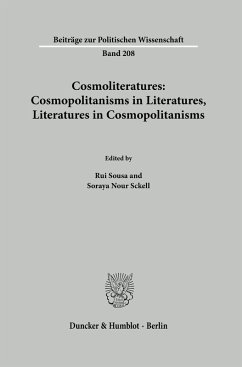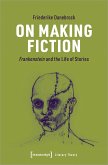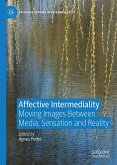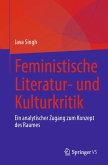Cosmopolitanism has often been regarded as an ideal of openness, dialogue, and universality, yet it remains fraught with contradictions. While aspiring to transcend borders and affirm a shared human condition, it has frequently been entangled with histories of exclusion, imperialism, and uneven power dynamics. This volume brings together perspectives from literature and political philosophy to critically examine the tensions at the heart of cosmopolitan thought.
In literature, cosmopolitanism appears as both a promise and a paradox - expressed through narratives that celebrate cultural encounters but also expose hierarchies and asymmetries. From Camões to Woolf and Conrad, writers have explored the complexities of belonging, displacement, and the limits of global exchange. Their works reflect the ambivalence of a cosmopolitan imagination that both embraces and questions the possibilities of interconnectedness.
In political philosophy, the debate extends to issues of citizenship, law, and democracy: to what extent can cosmopolitan ideals challenge national frameworks, and where do they risk reinforcing exclusion under the guise of universality? Thinkers from Kant to Appiah have interrogated the ethical and political dilemmas of cosmopolitanism, revealing its potential to expand solidarity beyond borders while also highlighting its structural limitations.
Rather than presenting a singular vision, this book explores cosmopolitanism as a site of tension - between openness and exclusion, universality and particularity, theory and lived experience. By confronting these contradictions, it invites a deeper reflection on the possibilities and limits of a world shaped by interconnected yet unequal histories.
In literature, cosmopolitanism appears as both a promise and a paradox - expressed through narratives that celebrate cultural encounters but also expose hierarchies and asymmetries. From Camões to Woolf and Conrad, writers have explored the complexities of belonging, displacement, and the limits of global exchange. Their works reflect the ambivalence of a cosmopolitan imagination that both embraces and questions the possibilities of interconnectedness.
In political philosophy, the debate extends to issues of citizenship, law, and democracy: to what extent can cosmopolitan ideals challenge national frameworks, and where do they risk reinforcing exclusion under the guise of universality? Thinkers from Kant to Appiah have interrogated the ethical and political dilemmas of cosmopolitanism, revealing its potential to expand solidarity beyond borders while also highlighting its structural limitations.
Rather than presenting a singular vision, this book explores cosmopolitanism as a site of tension - between openness and exclusion, universality and particularity, theory and lived experience. By confronting these contradictions, it invites a deeper reflection on the possibilities and limits of a world shaped by interconnected yet unequal histories.








